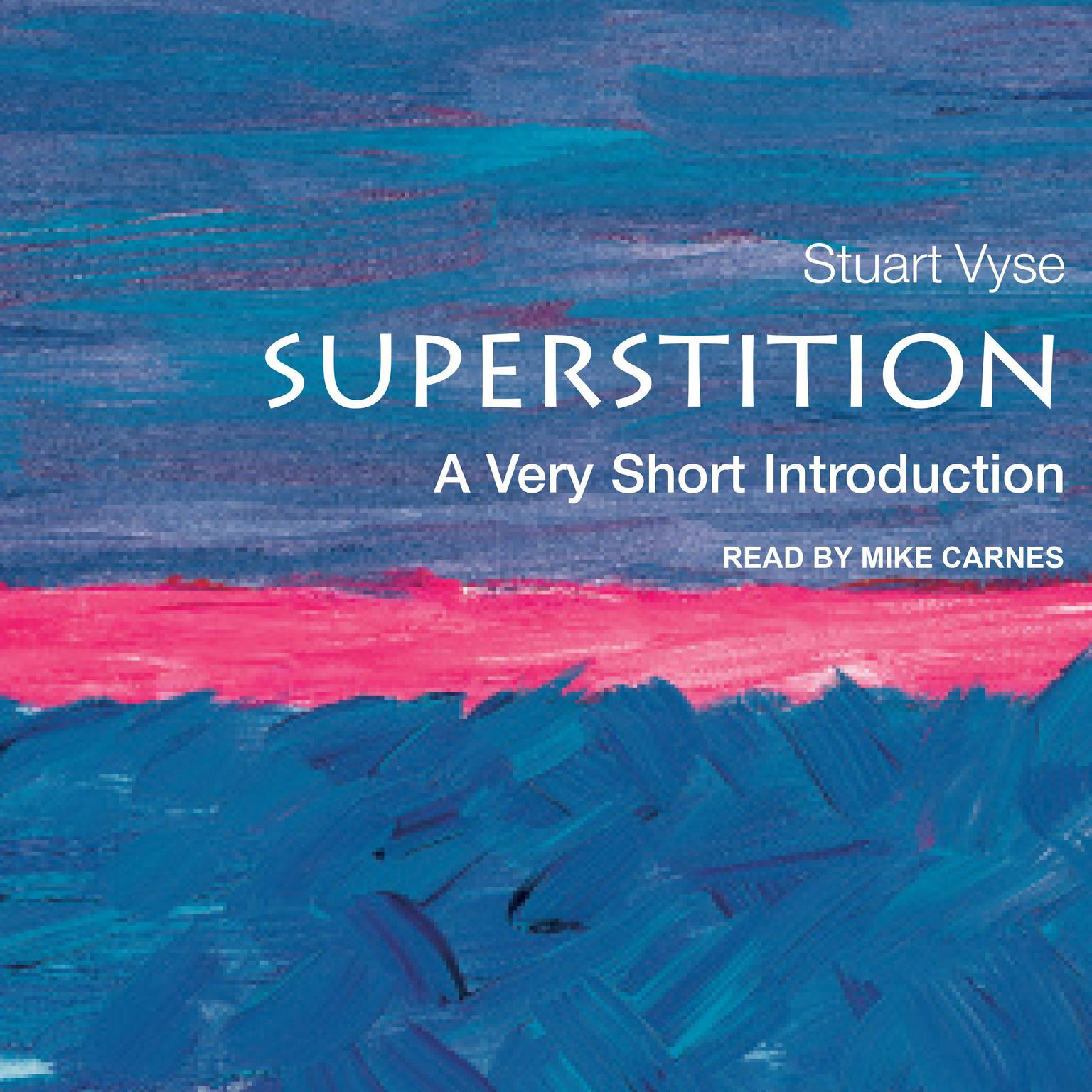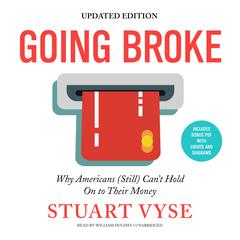 Play Audiobook Sample
Play Audiobook Sample
Superstition: A Very Short Introduction Audiobook
 Play Audiobook Sample
Play Audiobook Sample
Quick Stats About this Audiobook
Total Audiobook Chapters:
Longest Chapter Length:
Shortest Chapter Length:
Average Chapter Length:
Audiobooks by this Author:
Publisher Description
Despite the dominance of science in today's world, superstitious beliefs—both traditional and new—remain surprisingly popular. A recent survey of adults in the United States found that thirty-three percent believed that finding a penny was good luck, and twenty-three percent believed that the number seven was lucky. Where did these superstitions come from, and why do they persist today?
Superstition: A Very Short Introduction explores the nature and surprising history of superstition from antiquity to the present. For two millennia, superstition was a label derisively applied to foreign religions and unacceptable religious practices, and its primary purpose was used to separate groups and assert religious and social authority.
After the Enlightenment, the superstition label was still used to define groups, but the new dividing line was between reason and unreason. Today, despite our apparent sophistication and technological advances, superstitious belief and behavior remain widespread, and highly educated people are not immune. Stuart Vyse takes an exciting look at the varieties of popular superstitious beliefs today and the psychological reasons behind their continued existence, as well as the likely future course of superstition in our increasingly connected world.
Download and start listening now!
Superstition Listener Reviews
Be the first to write a review about this audiobook!
About Stuart Vyse
Stuart Vyse is a behavioral scientist, teacher, and writer. He holds PhD and MA degrees in psychology and BA and MA degrees in English literature. He taught at Providence College, the University of Rhode Island, and Connecticut College, where he was Joanne Toor Cummings ’50 Professor. Vyse’s book Believing in Magic: The Psychology of Superstition won the 1999 William James Book Award of the American Psychological Association.





